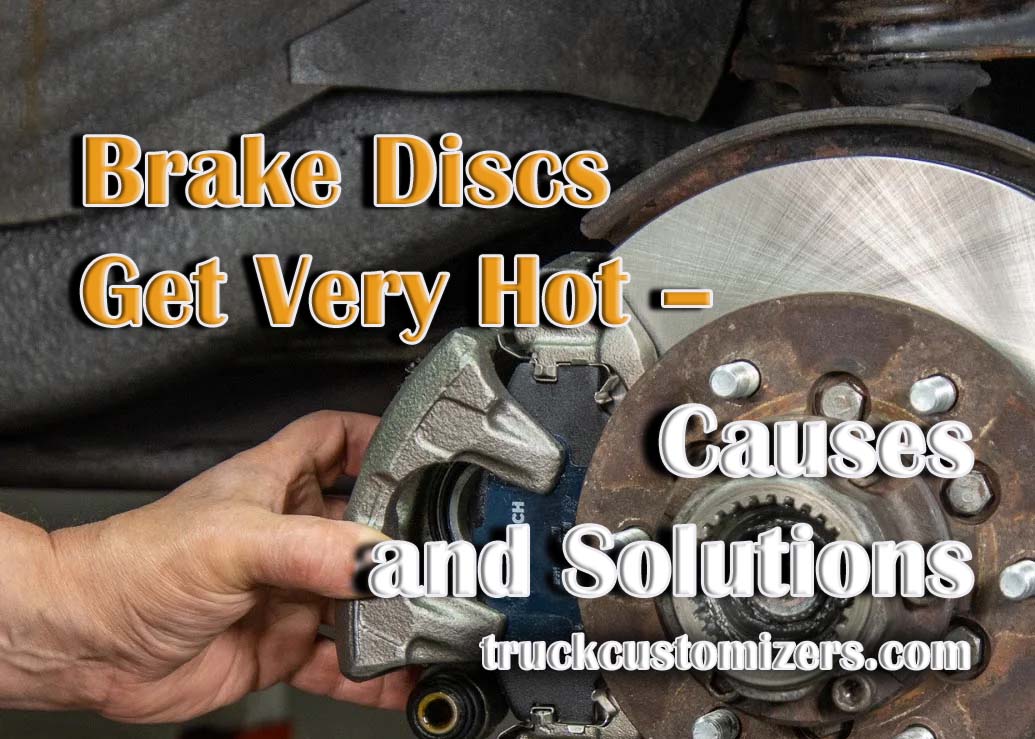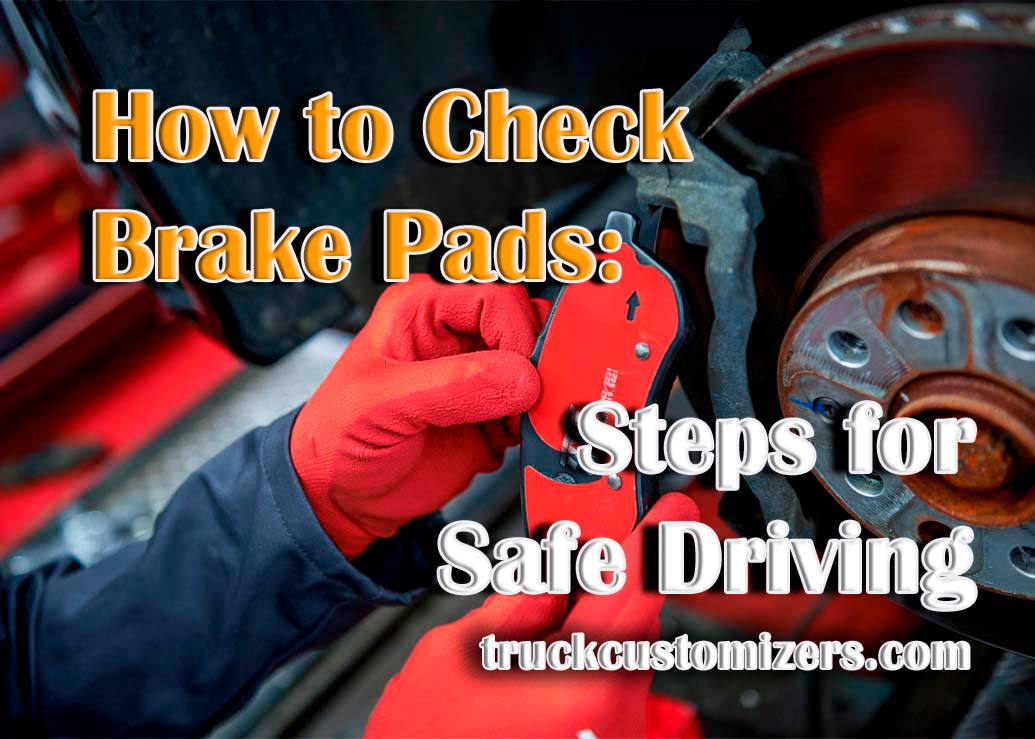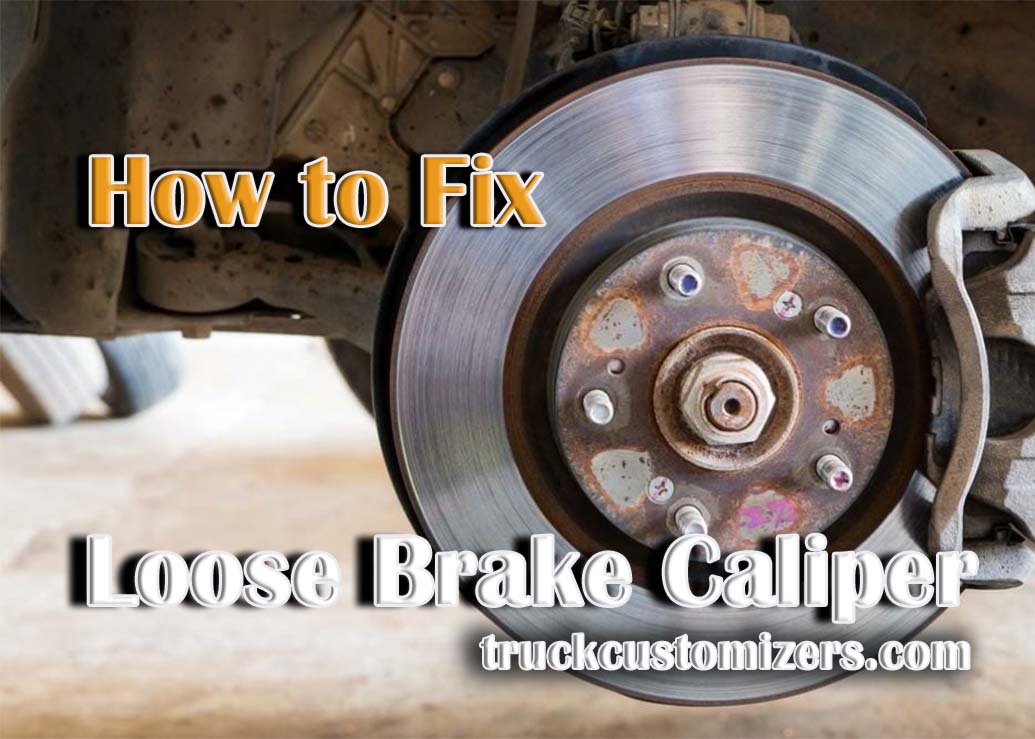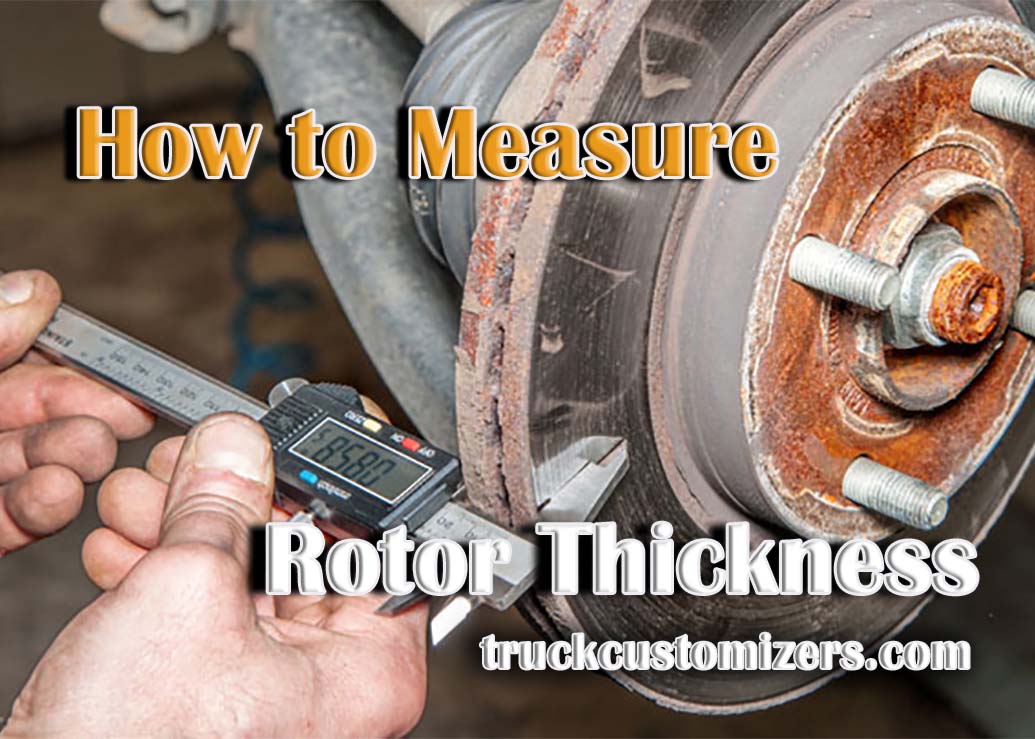Brake discs, also known as rotors, can get extremely hot during normal driving. This can be dangerous and cause major problems with your vehicle’s performance. It’s important to know the common causes of overheating brakes and how to prevent them. In this article, we’ll look at the most common causes of brake disc overheating and how to diagnose and prevent it from happening again.
Common Causes of Overheating Brake Discs
There are several common causes of brake disc overheating, including improper break-in process, excessive wear on components, repeated high-speed stops or sudden hard stops, and poorly maintained or faulty components. Let’s take a closer look at each one:
-
Improper Break-In Process – Many new vehicles require a specific break-in process that includes gradually increasing speed over a few hundred miles in order for the brakes to properly bed in. If this step is skipped or rushed due to haste or inexperience it can result in an improperly bedded brake system that won’t dissipate heat as efficiently leading to higher temperatures.
-
Excessive Wear on Components – Worn brake components can cause excessive heat build-up in the brakes due to increased friction between the pads and rotors. This could be caused by a combination of age, wear, or use of poor quality parts. It’s important to regularly inspect your brakes for excessive wear and replace any worn components as needed in order to prevent overheating issues.
-
Repeated High-Speed Stops or Sudden Hard Stops – Driving at high speeds over long distances can cause the brake discs to get extremely hot due to continual braking over a sustained period of time. Also, sudden hard stops like those done during emergency situations can also put additional strain on the braking system resulting in higher temperatures than normal.
-
Poorly Maintained or Faulty Components – Brake system components that are not properly maintained or are faulty can result in an ineffective cooling system which causes brake disc temperatures to rise quickly and dangerously high levels when braking is necessary. It’s important to regularly inspect your brakes for any signs of damage or wear such as leaking fluid, warped rotors, cracked calipers, etc., and make sure all components are properly installed and functioning correctly before driving your vehicle.
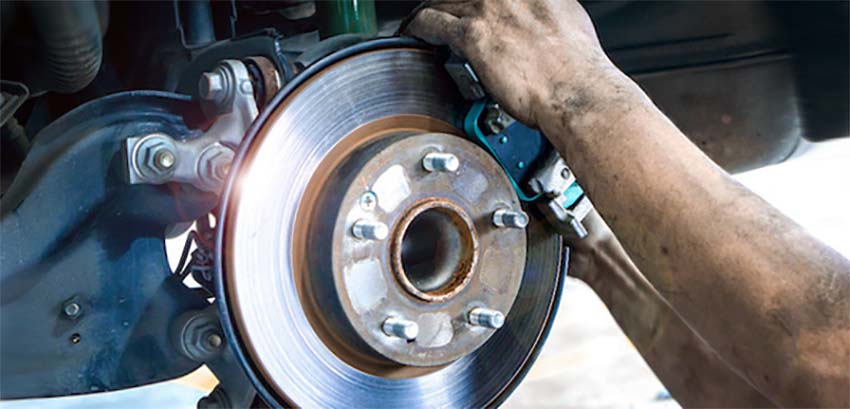
Diagnosing Overheating Brakes
If you experience unusually high temperatures in your brakes, it’s important to diagnose the issue as soon as possible. The first step is to inspect all components of the braking system for wear, damage, or other signs of malfunction. Then check to make sure that all components are properly installed and functioning correctly. If everything looks good, then it could be due to improper break-in process or repeated high-speed stops or sudden hard stops.
Preventing Overheating Brakes
The best way to prevent brake disc overheating is to regularly inspect and maintain your vehicle’s braking system by following these steps:
-
Inspect rotors regularly for warping or cracks – It’s important to periodically inspect your rotors for any signs of warping or cracking caused by excessive heat or wear and tear. Make sure to replace any worn parts as needed in order to keep your brakes working effectively and efficiently.
-
Replacing Worn Parts As Needed – Worn brake components such as pads, calipers, rotors, etc., can cause excessive friction which leads to higher operating temperatures than normal so make sure you replace any worn parts as needed.
-
Make Sure You Have Properly Installed Components – Poorly installed or faulty components can lead to inefficiencies in your braking system, resulting in higher temperatures than normal when braking. It’s important to ensure that all components are properly installed and functioning correctly before you hit the road.
-
Follow Recommended Break-In Procedures for New Vehicles – Many new vehicles require a specific break-in process that includes gradually increasing speed over a few hundred miles in order for the brakes to properly bed in. If this step is skipped or rushed due to haste or inexperience it can result in an improperly bedded brake system that won’t dissipate heat as efficiently leading to higher temperatures.
-
Verify That Your Vehicle Has Proper Wheel Alignment and Tire Pressure – Proper wheel alignment and tire pressure are essential for efficient braking performance, so make sure you check these on a regular basis. Also, have your suspension system inspected for any signs of wear and tear if you experience excessive vibration during braking which can also lead to overheating brakes.
-
Check Your Vehicle For Leaking Fluids – Leaking brake fluid can cause high temperatures due to inadequate lubrication between the components of the braking system, so make sure to check your vehicle regularly for any signs of leaking fluid.
-
Always Allow Your Brakes to Cool Down After High-Speed Driving – After periods of high-speed driving, it’s important to let your brakes cool down for a few minutes before continuing on with your journey. This will allow the heat to dissipate from the braking system and ensure that all components are functioning correctly.
Conclusion
Overheating brake discs can be dangerous if left unchecked, so it’s important to diagnose and prevent this issue as soon as possible. By following the steps outlined above and making sure you have properly installed components, properly bedded brakes, and regularly inspect your vehicle for wear and tear, you can help ensure that your braking system is working efficiently and safely. Also read about what does brake cleaner do to further understand its role in maintaining your brake system’s efficiency and safety.
